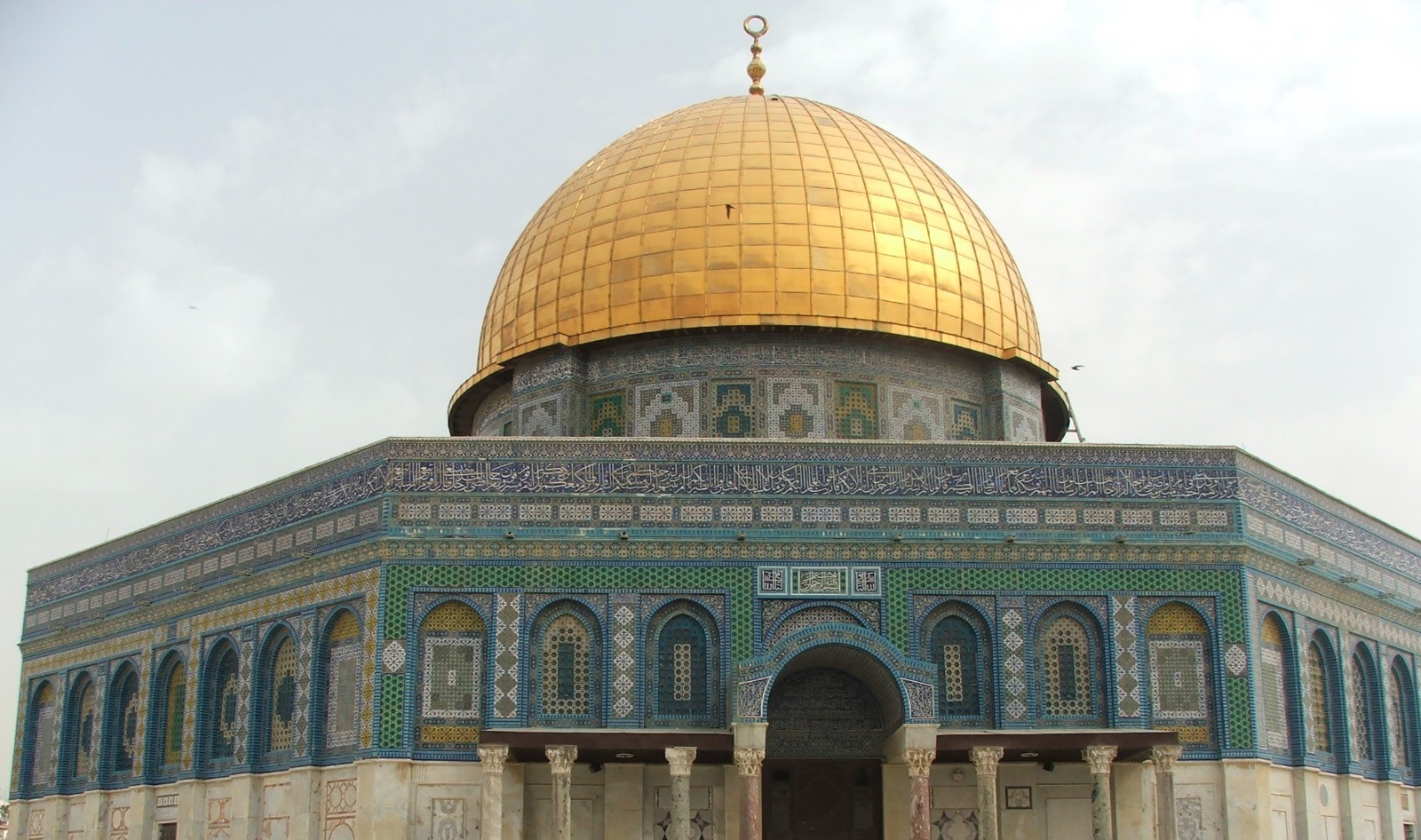Policy Paper
Understanding Jerusalem’s Volatile Reality

In cooperation with our partners at the Jerusalem Institute for Policy Research we recently presented a joint publication of a comprehensive study that sheds light on one of the most sensitive flashpoints in the Israeli-Palestinian context: the Temple Mount / Al-Aqsa compound in Jerusalem. Conducted by senior researcher and Jerusalem expert, Dr. Amnon Ramon, the research traces political, religious, and social developments between 2023 and 2024, focusing on how they relate to recent escalation dynamics, particularly in the context of the October 7th war.
The study is meant to contribute to a more nuanced understanding of complex realities in the holy city, especially as they involve competing national and religious narratives. With our local partners we strive to work for fact, problem and solution oriented recommendations, foster dialogue, reduce tensions, and advocate for peaceful coexistence.
Aims of the Research
The research set out to map and analyze the evolving dynamics surrounding the Temple Mount / Al-Aqsa compound, with a particular emphasis on:
- The growing politicization and ritualization of Jewish visits to the site.
- The increasing involvement of state actors, including the police and political leadership, in shaping religious behavior at the compound.
- The broader context of the Gaza war and its symbolic and operational connection to developments in Jerusalem.
The study critically examines how shifts in Israeli policy and religious practices—such as public prayers, Torah classes, and symbolic gestures on the Mount—have intensified in recent years and increasingly challenge the delicate status quo established after 1967. These developments have not only shaped domestic politics but have also fueled regional tensions and contributed to religious polarization.
Core Findings
Among the most striking findings:
- Transformation of the status quo: Over the past two years, Jewish ritual activity on the Temple Mount has expanded significantly, including public prayer, religious study, and symbolic rituals—some with political backing. This marks a de facto erosion of the 1967 status quo.
- Politicization of religious space: The research underscores how the site has become a stage for nationalist-religious expression, often endorsed or tolerated by state institutions. This includes formal visits by government ministers and public figures, as well as reduced enforcement of prior limitations on ritual behavior.
- Tensions as a trigger and amplifier: The research links the mounting tensions in Jerusalem to broader developments, including the war with Hamas. The Temple Mount played a prominent symbolic role in the lead-up to the October 7th attack, described by Hamas as a response to the “desecration of Al-Aqsa.”
- Dual shifts: While the report focuses primarily on Jewish-Israeli actors, it also acknowledges reactive dynamics on the Palestinian-Muslim side, highlighting how these developments are perceived and politicized across the Arab world.
Recommendations
The study’s overarching message is clear: de-escalation must be prioritized to prevent further violence. The following recommendations are proposed:
- Maintain the status quo: Any perceived or actual change to the current religious arrangements can lead to dangerous repercussions. It is essential for decision-makers to publicly reaffirm their commitment to preserving this balance.
- Limit provocative actions: Politically charged visits or symbolic acts—on either side—should be minimized, especially during sensitive religious periods.
- Enhance transparency and communication: Israeli authorities should improve coordination and transparency regarding security decisions around the compound to reduce misinformation and suspicion.
- Invest in de-escalation mechanisms: Support for civic actors, religious leaders, and educators working to bridge divides should be expanded as part of a long-term strategy for trust-building.
A Liberal Voice for Complexity and Restraint
To tackle the complex challenges in Jerusalem, it needs more critical analysis, institutional restraint, and political courage, navigating difficult realities with clarity and responsibility.
We invite policymakers, scholars, and civil society actors to engage with the study's findings and join us in advocating for pragmatic steps toward a more stable and respectful coexistence in one of the world's most contested sacred spaces.
